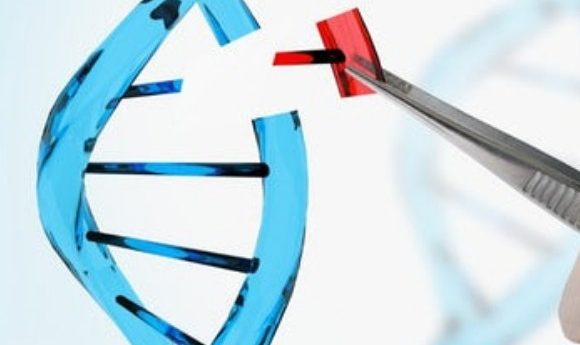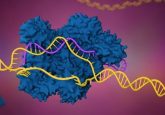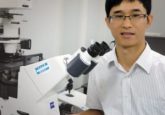CRISPR—Cas9 genetic screens: mapping the road to novel cancer therapeutics

New research combining the two largest CRISPR—Cas9 genetic screens of cancer models has been used to create a map of genes vital for cancer cell survival and could lead to the discovery of novel drug targets.
Identifying genes that are essential for the proliferation and survival of cancer cells is vital for the development of new cancer drugs. CRISPR—Cas9 genetic screens are frequently utilized in this process. Cancer cell lines are created and edited; deactivating genes one by one to assess their function in cancer cells. Genes implicated in the survival of cancer cells are known as dependencies.
Now, researchers at the Wellcome Sanger Institute (Cambridge, UK) and the Broad Institute (MA, USA) have validated the two largest CRISPR—Cas9 genetic screens in 725 cancer models, comprising 25 different cancer types. The teams were able to independently verify the methods utilized and the results of the initial analyses.
The two CRISPR—Cas9 screens were validated by replication and further computational analysis. The results demonstrated that despite differences in experimental procedures, such as the reagents used and the duration of cell growth, the results of each screen and the dependencies identified were consistent.
“To verify each institute’s dataset, we have repeated CRISPR—Cas9 screens using the protocols originally employed at the other institute. Importantly, we have found the same genetic dependencies in each, meaning the new drug targets originally identified are consistent,” explained study first author Clare Pacini (Wellcome Sanger Institute).
- CRISPR—Cas9 induced off-target mutations are rare
- Jailing Jiankui: a barrier to progress or a vital verdict?
- What are off-target effects of CRISPR and why are they concerning?
The two screens can now be integrated to form the Cancer Dependency Map, a collaborative initiative between the two institutions that aims to map all the genes critical for cancer cell survival.
The Cancer Dependency Map will be utilized to inform approximately 1000 cancer models. By identifying key dependencies, novel drug targets can be discovered, with the hope of increasing precision medicine applications.
This work is particularly important, as highlighted by a 2013 study that raised doubt about the reproducibility of dependencies discovered utilizing two large pharmacogenomic screens examining the same cancer models. Further research demonstrated the two datasets to be reliable, however, it shook confidence in the effectiveness of these techniques.
This study further proves the efficacy and reproducibility of CRISPR—Cas9 genetic screens, whilst highlighting the importance of selecting effective reagents and appropriate screen durations.
“Our analysis has been unbiased, rigorous and proves the veracity of the approach and the drug targets identified,” concluded study co-lead Aviad Tsherniak (Broad Institute).





